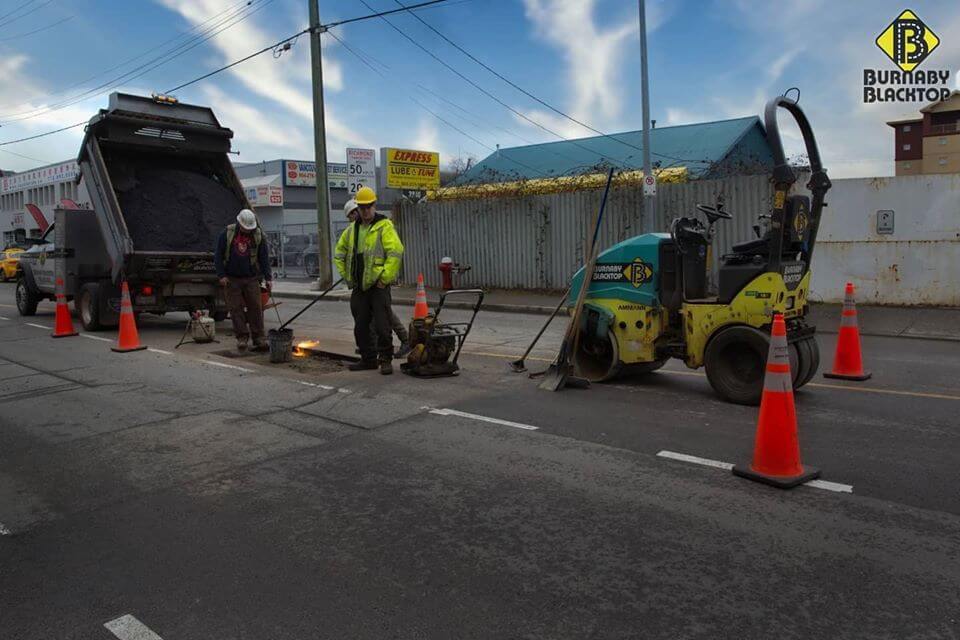Factors that may cause delays in concrete paving
Sometimes, project delays are unavoidable. But that doesn’t make them any easier to bear.
Here are some common factors that delay concrete and asphalt projects, along with things that you can do to prepare and maneuver around those concerns.
1. Weather
Both concrete and asphalt are best installed in warmer temperatures (between 10 and 32 degrees Celsius). Any colder, and you run the risk of a failed pour. In addition, continuous rainfall can compromise your driveway and mar its finished appearance.
Obviously, weather conditions are outside of your contractor’s control. That said, professional contractors are upfront with you about weather concerns. Delivering a quality product is their top priority: they don’t want to risk a poor installation simply to move on to their next job.
Permits
There’s a good chance your project will require a permit. As anyone with construction experience will tell you, it takes time – maybe weeks or months – to acquire municipal permits and clearances.
Professional contractors are well-versed in permit requirements. If you’re unfamiliar, they can educate you on what’s needed. They’ll also warn you against making too many changes: every time you modify your plans, you will need either a new or modified permit to proceed.
Lack of Resources
For the past two years, contractors have faced significant supply challenges. Readily available products were suddenly scarce. And when they were available, their cost increased significantly.
Industry forecasters warn that this problem isn’t going away any time soon. If you’re preparing for a concrete or asphalt project, your contractor may have recommendations to minimize any impact on your project.
